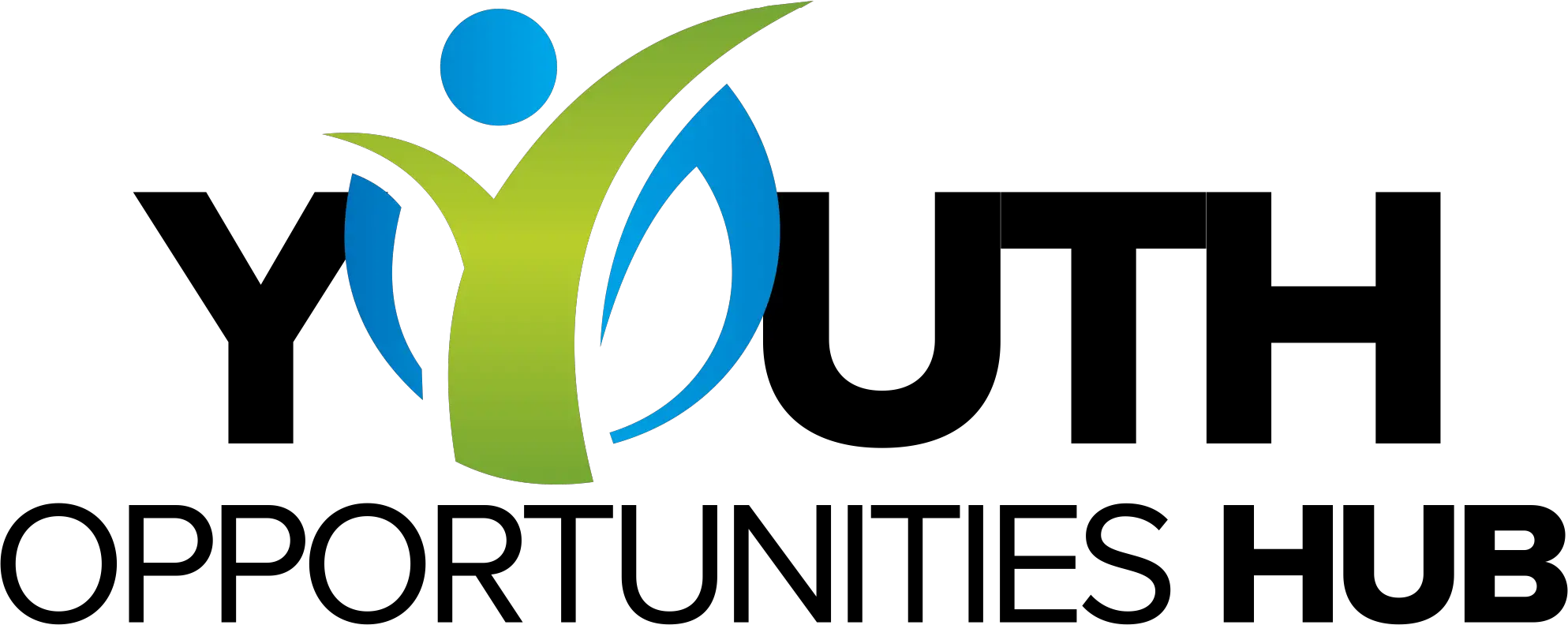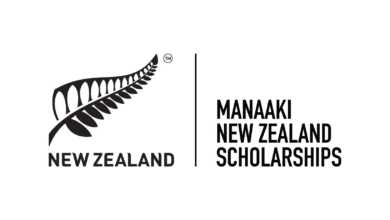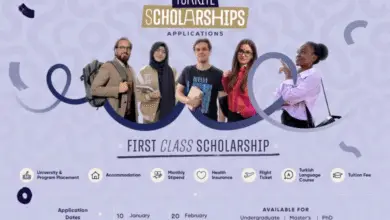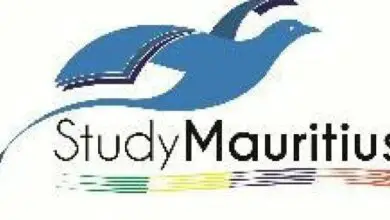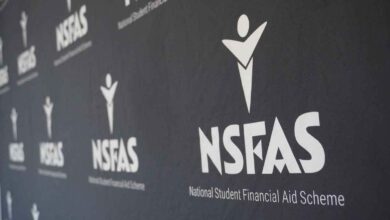UNESCO JUNIOR CONSULTANTS: CALL FOR APPLICATIONS
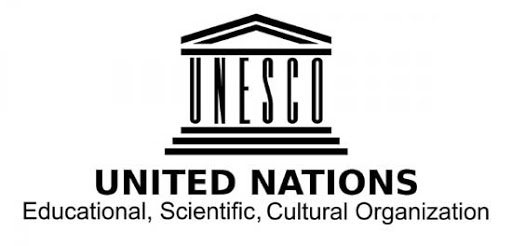
Deadline: 23 July 2021
Terms of Reference for Junior Evaluation Consultants
1. Background and Objective
The UNESCO Evaluation Office sits in the Internal Oversight Service (IOS) at the Organization’s Headquarters in Paris, France. The Evaluation Office is responsible for establishing an effective evaluation system to inform evidence-based policies and programmes and for greater accountability and organizational learning. In line with this, the Office conducts corporate evaluations on subjects of strategic importance for UNESCO. These evaluations are presented to Senior Management as well as the UNESCO Executive Board and other governing bodies as relevant.
2. Purpose of the Assignment
The IOS Evaluation Office will be commencing five new corporate evaluations in September 2021. It is seeking up to three junior evaluation consultants working 80% to full time to support the management of the Office’s upcoming corporate evaluations, initially for a period between September and December 2021. Detailed Terms of Reference for each evaluation are under development and will be issued over the course of the summer. In the meantime, a brief explanation of each evaluation is provided below.
a) Evaluation of Teachers’ Capacity Development
UNESCO’s Education Sector strives to enhance the capacity of teachers and help equip them with the knowledge, skills and necessary empowerment to fulfil their role. UNESCO is also responsible for monitoring the implementation of SDG4 on Quality Education and SDG 4.c. on the supply of qualified teachers specifically. Accordingly, UNESCO monitors international normative instruments regarding the teaching profession, develops capacities, shares knowledge and publishes guidance documents, helps review teacher policies and strategies and offers policy advice to promote the professionalization of the teaching profession and enhance the quality of teaching and learning worldwide.
The Evaluation of Teacher’s Capacity Development will assess the effectiveness of UNESCO’s teacher capacity-development initiatives, the relevance and appropriateness of its approaches, the coherence of its action and efficiency of its approach across UNESCO’s Education Sector as well as within the broader context of national and international partners working on teacher related issues across all stages of education.
b) Evaluation of UNESCO’s Local and Indigenous Knowledge Systems Programme (LINKS)
The LINKS Programme promotes local and indigenous knowledge and its inclusion in contemporary science-policy-society fora on issues such as biodiversity assessment and management, ecosystems assessments, climate change observation and adaptation, natural disaster preparedness and sustainable development. The Programme works at local, national and global levels to strengthen indigenous peoples and local communities and promote their engagement, as essential partners, in environmental management.
This will be the first evaluation of the LINKS Programme and will cover all the LINKS activities implemented since 2014. The evaluation’s objective is to assess the strategic relevance of the programme, its effectiveness and sustainability, looking closely at concrete example of the Programme’s interventions (e.g. capacity-building, policy support, production of knowledge products, innovation, partnerships). It further aims to generate lessons learned and issue forward-looking recommendations to inform the future of UNESCO’s work around indigenous and local knowledge systems, in light of new corporate developments and upcoming revised strategic frameworks.
c) Evaluation of the analytical and research capacities of the Social and Human Sciences Sector
UNESCO’s Social and Human Sciences Sector (SHS) strives to enhance peace through social interactions and the understanding of peoples. The Sector thus uses human sciences to encourage dialogue and build peace. It aims to achieve this through different programmes including through sport, consideration for ethical standards and intercultural dialogue amongst others, tackling a variety of today’s issues (e.g. racism, the interreligious dialogue, the promotion of youth voices, etc.) and publishing reports on history and our past (the Silk Route, the General History of Africa, etc.). Much of the Sector’s work revolves around research and the dissemination of knowledge around such topics.
d) Evaluation of UNESCO’s response to the Covid-19 pandemic
The outbreak of the Covid-19 pandemic severely affected people across the world. It resulted not only in the closure of schools and museums, rising unemployment, but it also highlighted the risks our societies are exposed to when disinformation campaigns thrive, and scientific cooperation and science-based decision-making processes lack. To address these challenges, UNESCO has used its expertise within the area of its mandate (education, natural sciences, social and human sciences, culture and communication and information) to adopt measures, undertake initiatives and publish documents to help guide Member States through the pandemic. The evaluation aims to assess the effectiveness of UNESCO’s programmatic response to the Covid-19 pandemic and its capacity to act effectively and quickly in a crisis situation.
e) Joint Evaluation / Audit of the World Heritage Centre
Established in 1992, the World Heritage Centre is a dedicated branch of UNESCO’s Culture Sector that is charged with ensuring the implementation of the 1972 World Heritage Convention. The Centre offers technical advice to Member States to support application processes for the nomination of new World Heritage sites, monitors the protection of these sites, disburses resources through the World Heritage Fund to help preserve sites facing natural or man-made threats, coordinates research and thinking around the safeguarding of cultural and natural heritage and raises awareness amongst the broader public on the importance of natural and cultural heritage.
On the dawn of the 50th anniversary of the World Heritage Convention, which will take place in 2022, the joint Evaluation / Audit aims to assess the structure, working methods and processes of the World Heritage Centre. It further aims to assess the Centre’s cooperation with its advisory bodies.
3. Duties/Tasks and Expected Output(s):
Each evaluation will be led by a Principal Evaluation Specialist from UNESCO’s Evaluation Office. The selected junior consultants will provide support throughout the evaluation process, including planning, tenders, data collection, analysis, report drafting and communication. More specifically, the junior consultants are expected to undertake the following tasks:
- Compile relevant background documentation, including project documents, progress reports, past evaluation reports and studies, etc.
- Conduct research and undertake a desk study, if required
- Provide backstopping support to the inception phase and data collection phase, including by:
- Organizing interviews, meetings and consultations with UNESCO and external stakeholders
- Liaising with and supporting the evaluation team
- Coordinating and organizing (remote or in person) field missions for the evaluation team in collaboration with relevant UNESCO Field Offices
- Contribute to the design, translation, administration and testing of evaluation instruments (e.g. interview protocols, surveys)
- Provide inputs to the inception report, draft evaluation report and final evaluation reports.
- Contribute to the quality assurance of all deliverables submitted by the evaluation team
- Contribute to the development of communication materials on evaluations findings (e.g. a newsletter, PowerPoint presentation, briefs)
- Perform any other duties required by the immediate supervisor and/or the Head of the Evaluation Office
4. Timetable and Deliverables
Up to three junior evaluation consultants will be hired to support the five evaluation projects outlined above. The initial contract will cover a four-month period from September to December 2021 with the possibility of renewal for an additional 3- 4 months.
The evaluations will start in September 2021 with an inception phase and desk study, followed by data collection and analysis, and report-writing. All five evaluations are to be completed in 2022.
The selected junior evaluation consultants will be paid on a monthly basis, upon submission of progress reports to their supervisor.
5. Qualifications
Mandatory:
- University degree at Master’s level or equivalent in social sciences, political sciences, economics, public policy, international relations, international law or related field
- At least 1 year of experience in policy and programme evaluation and/or research
- Substantive knowledge and experience related to at least one subject matter of relevance to UNESCO’s mandate in the fields of Education, Culture, Human and Social Sciences, Natural Sciences, or Communication and Information. of relevance
- Knowledge and understanding of the principles and goals of the UN’s 2030 Sustainable Development Agenda
- Excellent IT skills
- Fluency and excellent report writing skills in English
- Working knowledge of French
- Capacity to work within an international and diverse working environment.
Desirable:
- Substantive knowledge and experience related to at least one of the upcoming evaluations’ subject matter (i.e. indigenous knowledge, education, teachers, capacity-building, heritage, work in crises situations)
- Previous experience with UNESCO and knowledge of UNESCO’s working tools and platforms (e.g. DUO, SISTER, Microsoft TEAMS).
- Knowledge of survey software (e.g. SurveyMonkey, Forms, etc.)
- Knowledge of the UN system and/or previous experience working with another UN or international organization
- Understanding and knowledge of the UN mandates in relation to Inclusion, Human rights and/or Gender equality issues.
- Working knowledge of other UN languages (Spanish, Arabic, Russian or Chinese)
6. Supervisory arrangements
Under the overall authority of the Director of IOS and the Head of Evaluation Office, each junior evaluation consultant will report directly to the IOS Principal Evaluation Specialist(s) responsible for their evaluation.
7. Facilities to be provided by UNESCO
As relevant, IOS will provide office space, a computer and necessary office tools to the selected consultants. The consultant will work within the office at UNESCO Headquarters in Paris and/or virtually as per UNESCO instructions and sanitary measures in relation to the Covid-19 pandemic.
Howto Apply for this consultant position
The Expression of Interest should comprise:
- An up to date curriculum vitae;
- A cover letter indicating:
- one or two evaluation projects from the list in the Terms of Reference, which you believe your profile, experience and interest most closely match;
- how your past experience and skills would be relevant to the assignment(s) as described in the TOR; and
- your suggested monthly fee for full-time work, which should be quoted in
US dollars or in euros only.
- A sample of a recent research paper or evaluation report you drafted.
The EOI must be in English. The sample may be submitted in either English or French.
UNESCO places great emphasis on ensuring that the objectives of the work assignment, as described in the Terms of Reference, are met. Accordingly, in evaluating the proposals for the assignment, attention will focus first and foremost on the technical elements.
From those proposals deemed suitable in terms of the criteria in the Terms of Reference, IOS will select a list of suitable profiles. This list will remain valid for 24 months. IOS may contact these candidates to explore their availability and interest for other assignments as they come up.
UNESCO IOS shall give preference to those proposals of highest technical quality that are considered financially competitive.
Your proposal should be submitted by e-mail no later than close of business (18:00 Paris time) on Friday 23 July 2021 to Ms. Taipei Dlamini, Associate Evaluation Specialist, with the title: ‘Expression of Interest – IOS Junior Evaluation Consultant’. E-mail proposals should not exceed 5MB.
The e-mail address is: [email protected]
It is the individual’s responsibility to ensure that his/her EOI is received by the deadline. Receipt of proposals will be acknowledged by email.
The evaluation of candidates is based on the criteria in the TOR and may include a competency-based interview. UNESCO uses communication technologies such as video or teleconference, e-mail correspondence, etc. for the assessment and evaluation of candidates.
UNESCO is committed to promoting gender equality, human rights and cultural diversity, and encourages persons of all genders and diverse cultural backgrounds to apply.
Please note that UNESCO does not charge a fee at any stage of the recruitment process and only selected candidates will be further contacted.
Thank you for your interest in this UNESCO assignment; and we look forward to receiving your proposal.
You may access more information on the assignment and the application process on the UNEG website at www.unevaluation.org/vacancies/detail/1017
_____
Also Check> The UNICEF Innovation Fund 2021
_____
CLICK HERE to Join Youth Opportunities Hub WhatsApp Group (If you are already in one of our WhatsApp groups, then there is no need to join)
PAY ATTENTION: Join youthopportunitieshub.com Telegram Channel! Never miss important updates!
Please follow Youth Opportunities Hub on: Twitter | Facebook
